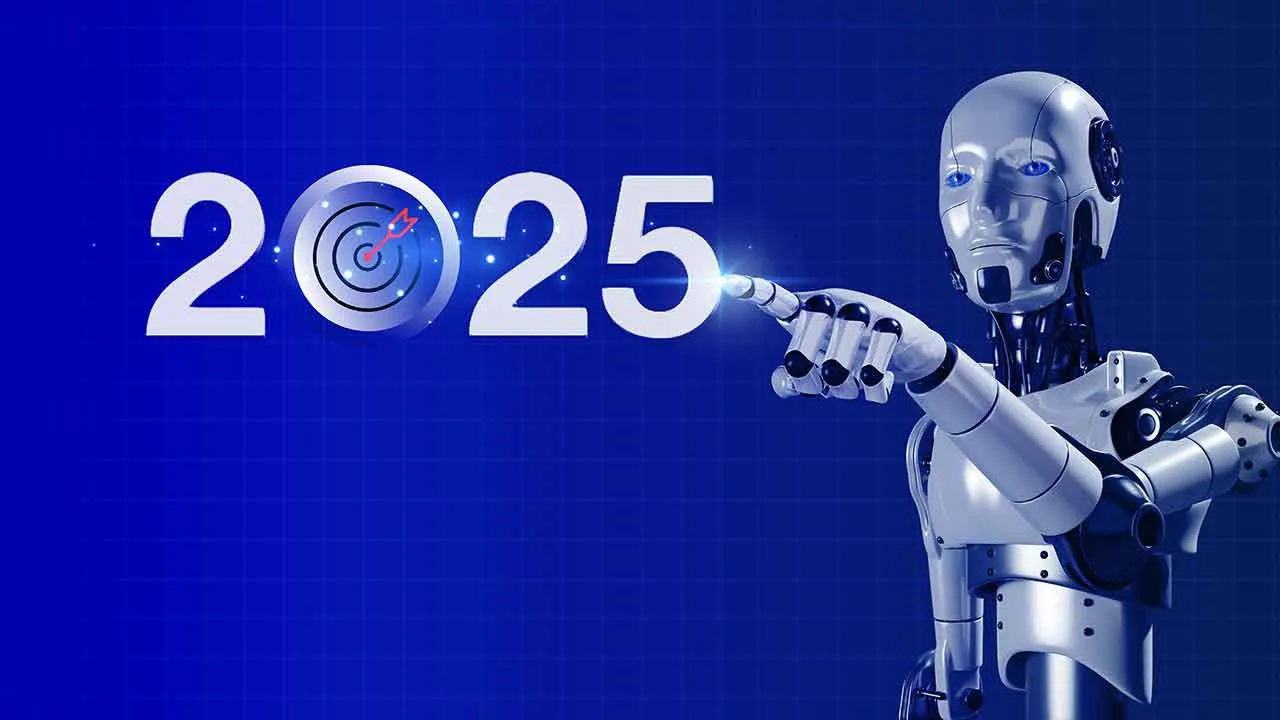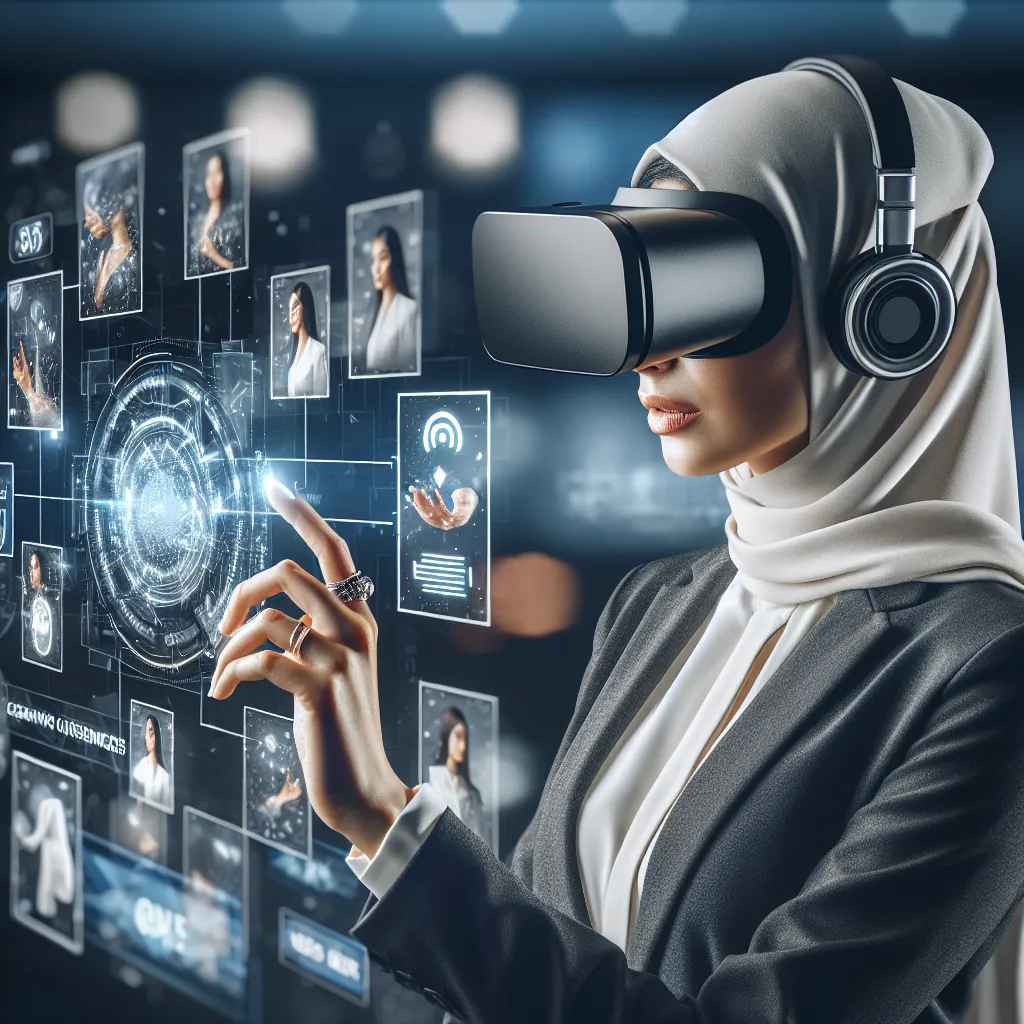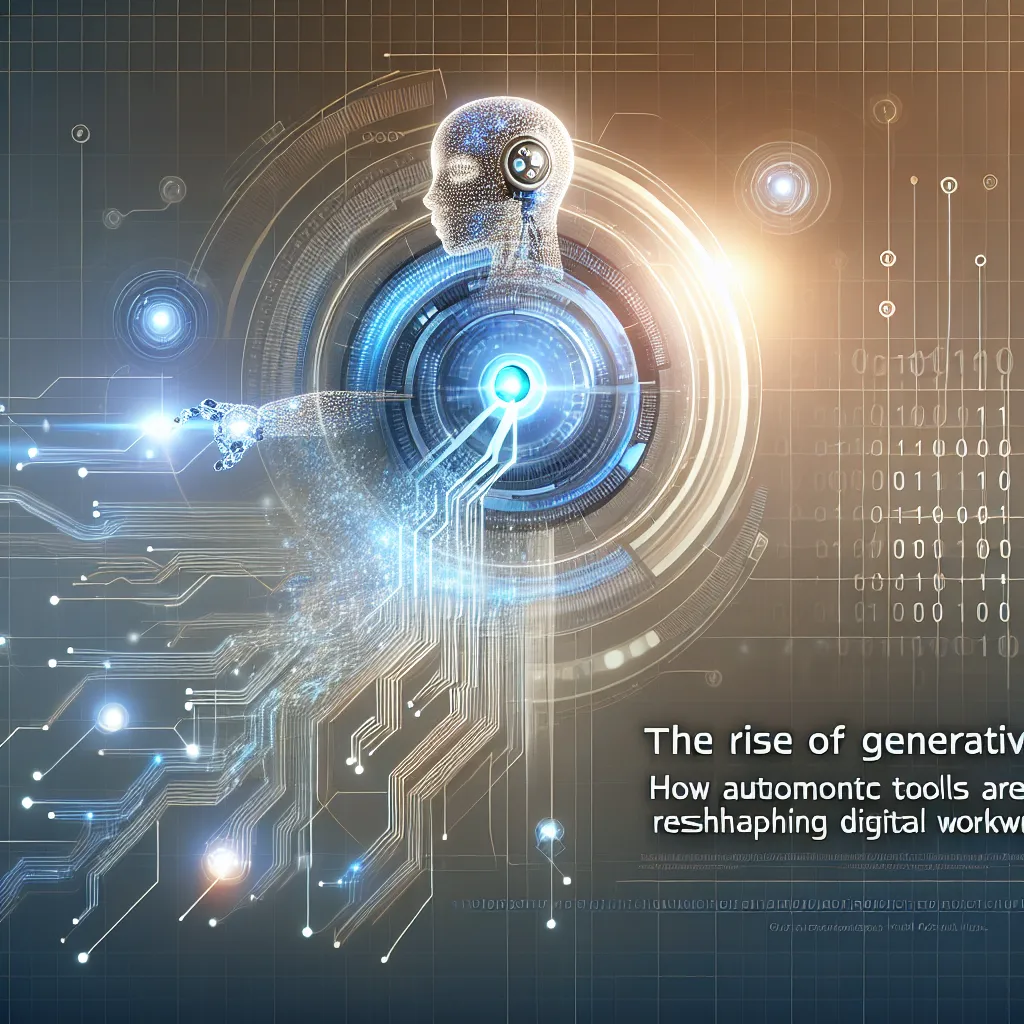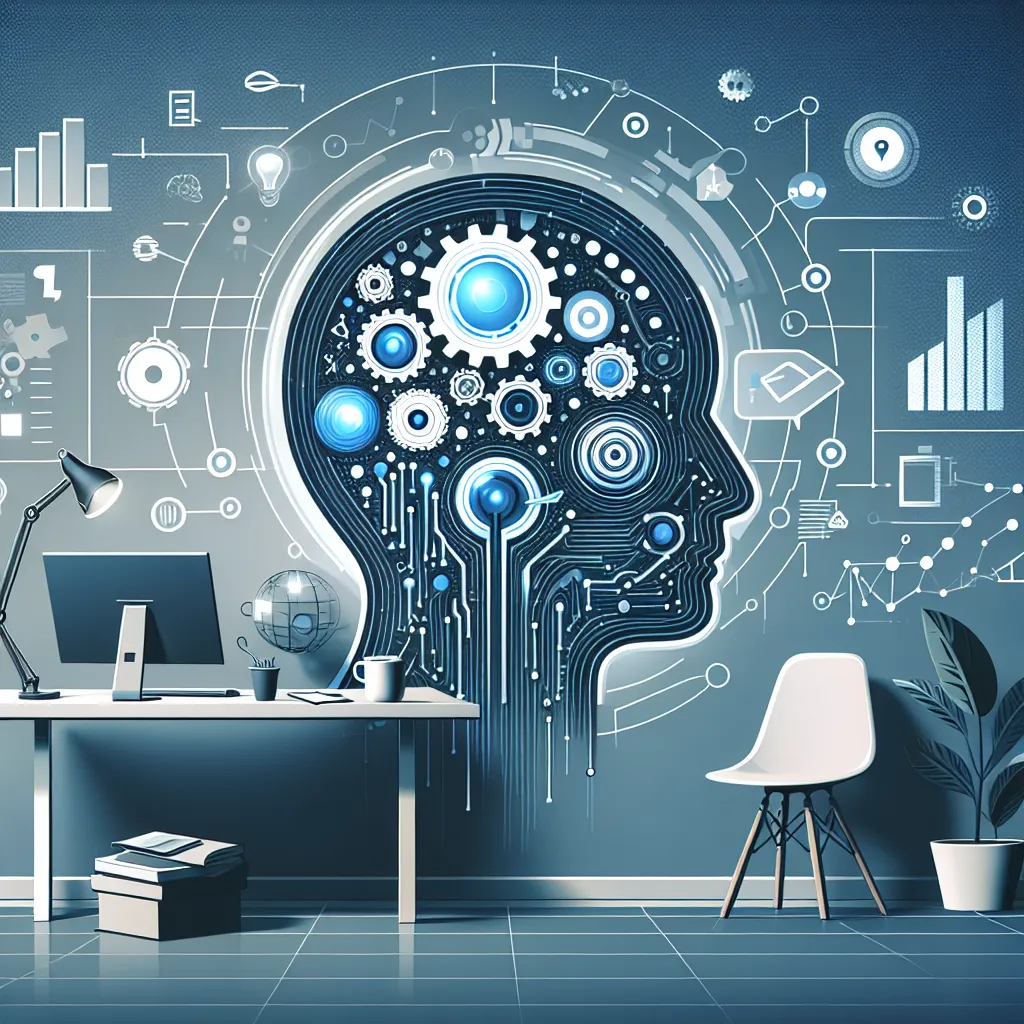Artificial Intelligence (AI) is no longer a futuristic concept—it's already reshaping industries in real-time. As we step into 2025, AI is not just evolving; it's revolutionizing the way we work, live, and interact. From predictive analytics to autonomous systems, the future of AI holds vast potential that will impact every major sector.
What’s New in AI in 2025?
The AI landscape in 2025 is defined by rapid innovation, greater accessibility, and deeper integration. Key advancements include:
- Generative AI Models like GPT-5 offering human-level understanding
- Real-time AI decision-making in critical sectors like healthcare and finance
- Smarter automation powered by edge computing and IoT
- Ethical AI frameworks being standardized globally
Let’s explore how AI is transforming key industries this year.
1. Healthcare: Smarter, Faster, More Accurate
AI is empowering doctors with diagnostic tools that outperform traditional methods. In 2025, we're seeing:
- AI-driven early disease detection using wearable health monitors
- Virtual health assistants reducing hospital load and wait times
- Personalized treatment plans created using patient data and predictive algorithms
Healthcare AI not only improves outcomes but also makes healthcare more affordable and accessible.
2. Manufacturing: The Rise of Smart Factories
AI is streamlining operations in manufacturing through predictive maintenance, automated inspections, and quality control.
- Smart sensors detect faults before breakdowns occur
- Cobots (collaborative robots) work alongside humans
- AI-driven supply chain optimization reduces costs and delays
In 2025, AI is the backbone of Industry 4.0, making manufacturing leaner and more intelligent.
3. Finance: AI-Powered Decision Making
AI is transforming financial services with real-time fraud detection, algorithmic trading, and customer personalization.
- AI detects fraud in milliseconds using behavior patterns
- Robo-advisors create custom investment portfolios
- Banks use AI chatbots for 24/7 customer service
AI helps the financial industry become more secure, responsive, and efficient.
4. Retail: Hyper-Personalized Shopping
Retailers are using AI to deliver tailored customer experiences both online and in-store.
- AI recommends products based on purchase behavior
- Chatbots guide users through purchases
- Visual AI helps with virtual try-ons and shelf scanning
In 2025, AI isn’t just supporting retail—it’s redefining it.
5. Transportation: Autonomous and Efficient
AI is driving innovations in logistics and mobility.
- Autonomous vehicles are entering mainstream fleets
- AI predicts traffic patterns and delivery routes
- Public transport systems are managed by smart AI dashboards
Whether it's ridesharing, trucking, or rail, AI is reducing emissions, travel times, and accidents.
6. Education: Customized and Scalable Learning
In education, AI tailors lessons based on each student's pace, interest, and ability.
- AI tutors provide real-time feedback
- Learning platforms adjust content based on performance
- Schools use AI for administration and analytics
By 2025, AI makes learning more inclusive and engaging.
7. Agriculture: Precision and Sustainability
AI helps farmers maximize yields and reduce waste.
- Drones and AI cameras monitor crop health
- AI predicts weather and soil patterns
- Automated machinery optimizes planting and harvesting
Agritech in 2025 is all about data-driven sustainability.
8. Cybersecurity: Proactive Defense
AI is essential in battling increasingly sophisticated cyber threats.
- AI identifies anomalies in real time
- Machine learning strengthens firewalls and antivirus systems
- Threat intelligence platforms evolve automatically
With AI, cybersecurity moves from reactive to proactive defense.
Ethical Considerations: Balancing Innovation and Responsibility
As AI expands, so do ethical challenges:
- Bias in AI algorithms
- Data privacy and surveillance
- Job displacement concerns
Governments and businesses in 2025 are actively creating guidelines for fair and responsible AI usage.
Final Thoughts
Artificial Intelligence in 2025 is not a tool—it’s a transformative force. It’s shaping everything from how we treat patients to how we grow food, manage money, and educate the next generation. As we continue into the future, those who embrace AI today will lead tomorrow.
Ready to ride the AI wave? Now is the time to innovate, adapt, and evolve with artificial intelligence.



